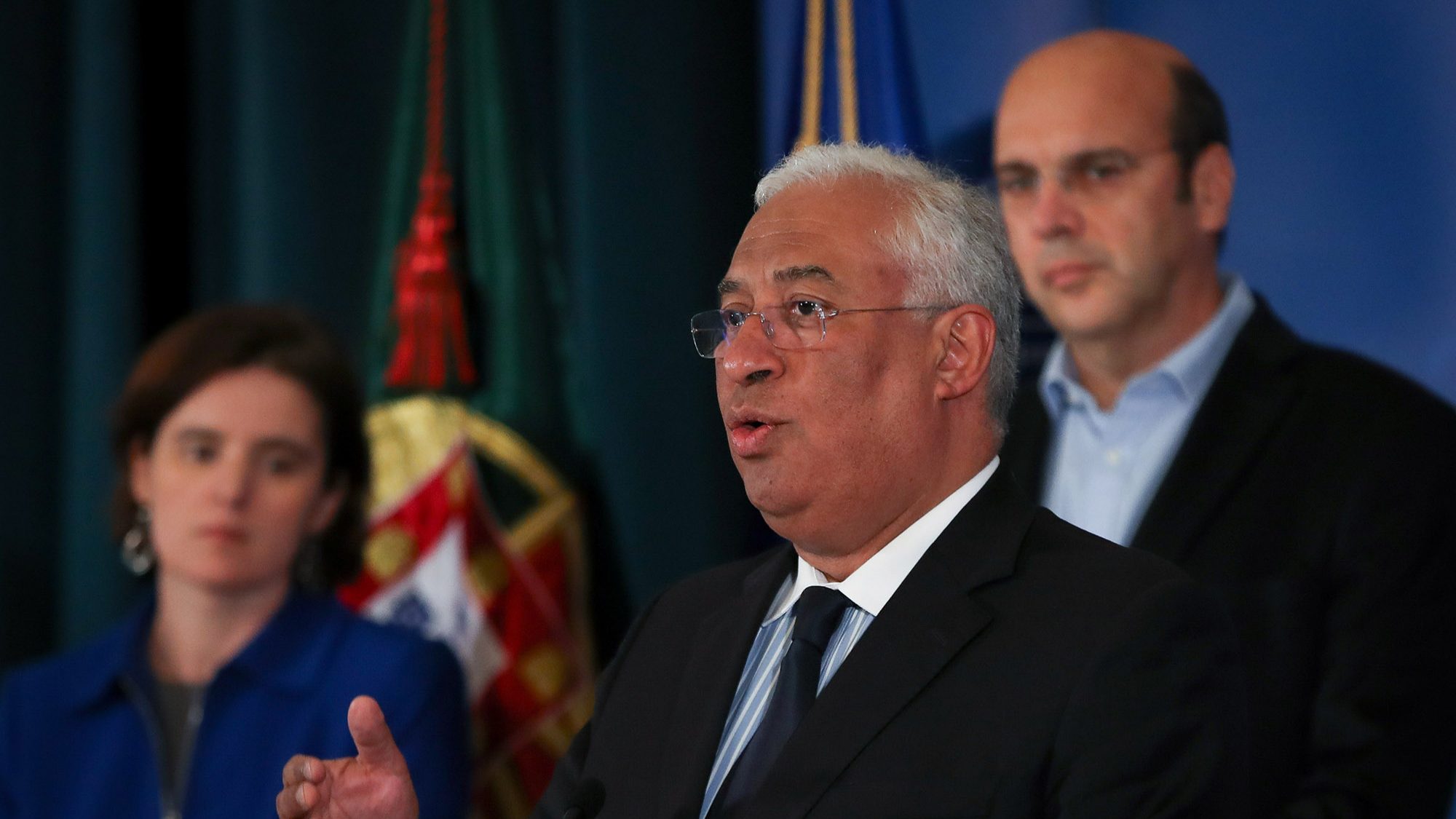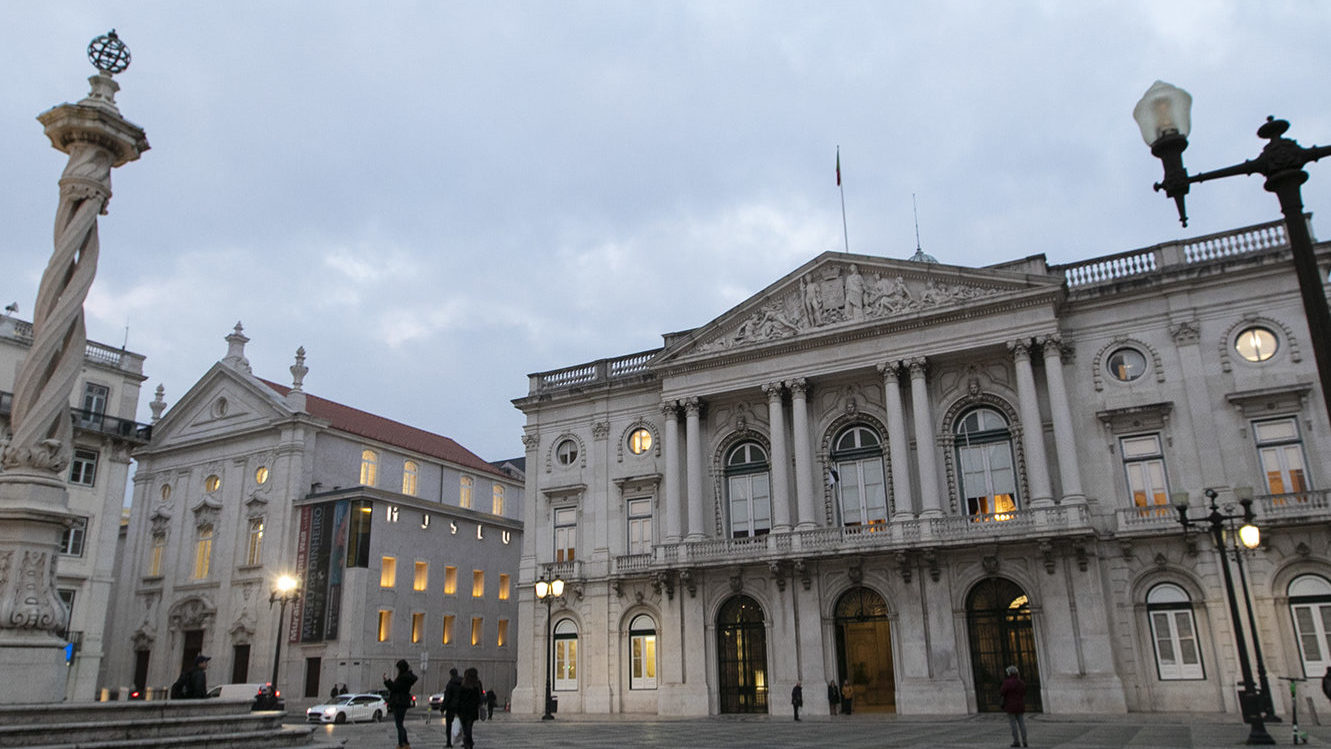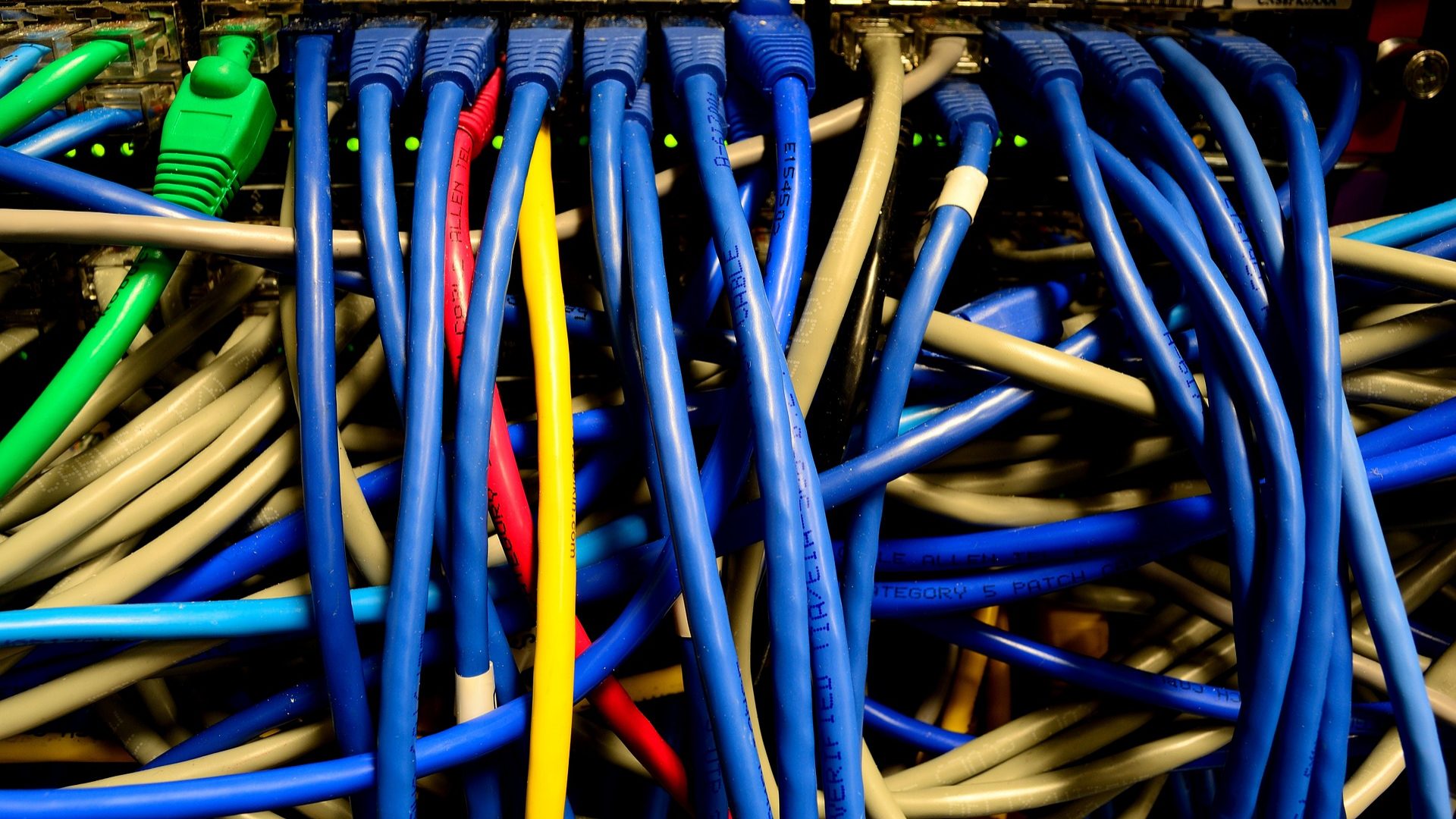Portugal calls for reduction of EU dependence on Russian gas
"We have to reduce the EU's energy dependence on Russia, particularly in terms of gas supply, and to do so we need to diversify gas supply sources," said Portugal's minister of foreign affairs.
The government has defended the reduction of the European Union’s (EU) energy dependence on Russian gas, whose supply disruptions can increase energy prices, recalling, however, that Portugal is not the most dependent Member State.
“We have to reduce the EU’s energy dependence on Russia, particularly in terms of gas supply, and to do so we need to diversify gas supply sources, both natural gas and ‘green’ gas for the EU” and “it is absolutely essential to develop gas interconnections”, particularly from the Iberian Peninsula, said the minister of foreign affairs, Augusto Santos Silva.
Speaking on Monday to Portuguese journalists in Brussels at the end of a meeting of the heads of European diplomacy focused on the situation in Ukraine due to Russian moves near the Ukrainian border, Santos Silva stressed, however, that “Portugal’s level of dependence on Russia is unparalleled in comparison to other member states.
“Russia is one of Portugal’s gas suppliers, but it is not the main one, nor one of the two or three main suppliers,” he added.
He said that possible disruptions in gas supplies to Europe, precisely due to tension in Ukraine, could have “consequences mainly in terms of energy prices,” at a time of crisis in the sector, which pushes up electricity and gas bills.
“The development of gas interconnections is absolutely essential because that is what makes it possible to diversify gas sources and reduce energy dependence on Russia, thus removing a lever that (Moscow) uses to negative effect,” he stressed, also speaking of the need for these infrastructures to be adapted to hydrogen and other “green” gases.
The reaction comes after the European Commission last week asked EU member states to update their gas contingency plans, highlighting the “importance of preparing for risk” in the face of possible disruptions to Russian gas supplies to Europe.
In the meeting with his European counterparts, Santos Silva also said he had expressed “complete solidarity with Ukraine” and warned of the need for “the relationship between Europe and Russia to be carefully considered, both in the European context and in Africa” in order to become a “mutually respectful adult relationship” in regions such as the Central African Republic and the Sahel.
Ukraine and NATO have in recent months denounced the concentration of large numbers of Russian troops near the Ukrainian border as preparation for an invasion.
Westerners fear a Russian invasion of the neighbouring country’s territory, like the one in 2014 that culminated in the annexation of the Ukrainian peninsula of Crimea.


